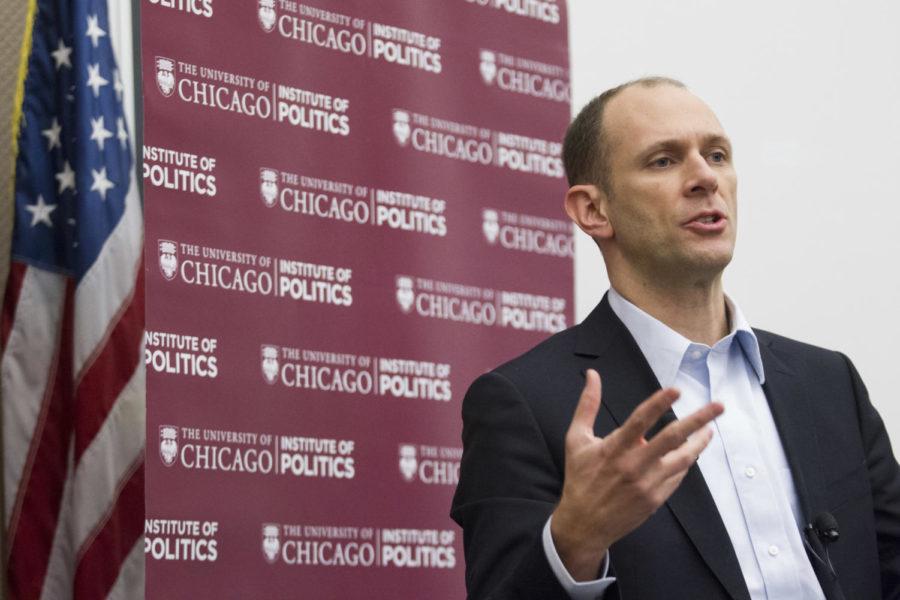In December, Austan Goolsbee, an economics professor at the University’s Booth School of Business and a former chair of the Council of Economic Advisers, announced his endorsement of former South Bend Mayor Pete Buttigieg’s bid for president in 2020. In an interview with The Maroon, Goolsbee discussed his decision to support the candidate.
The endorsement, he said, came down to a combination of Buttigieg’s policy proposals and his separation from federal politics.
“I think he has the best plan and he’s not from Washington,” Goolsbee said, likening the dynamic among capitol insiders to a “dysfunctional Thanksgiving dinner, or something, where you come in and everybody knows what everybody else has got to say.”
It was in large part due to Buttigieg’s relative outsider status that Goolsbee decided to endorse him over the other candidates, though he expressed admiration for former vice president Joe Biden as well as Senators Elizabeth Warren and Amy Klobuchar, and stressed that his endorsement should not be seen as an attack on any of Buttigieg’s competitors.
Goolsbee cited Buttigieg’s experience as an executive as another strong point of the candidate’s résumé.
Goolsbee said that Buttigieg’s Medicare for All Who Want It proposal is “in the spirit of the original vision of Obamacare,” citing initial plans to include a public option in the 2010 Affordable Care Act, which was removed in negotiations over the legislation.
Goolsbee was skeptical of the more far-reaching Medicare for All plans advocated by Senators Bernie Sanders and Warren.
“The plan that’s called Medicare for All is really not Medicare,” he said. “That is not the Medicare program. It’s far more expansive than Medicare is.”
His primary issue was the speed with which Sanders’s plan would go into effect. In the same vein, he commended Warren’s decision to soften her approach, opting for a gradual transition to a single-payer system with a public option as an intermediate step.
“In my view,” he continued, “you have to create a glide path that people get comfortable with anything before you impose it.”
He did note, however, that “literally every single plan that the Democrats have put forward is far superior to the kind of gutting of the system that has taken place and is taking place.”
On the topic of Buttigieg’s potential liabilities, Goolsbee quipped that he wished the 38-year-old mayor “was 55 years old and balder than me, but, you know, he’s not.”
One of the Buttigieg campaign’s most obvious stumbling obstacles has been the mayor’s consistently weak support from African-Americans—a fact that may severely hamper his chances of winning the February 29 primary in South Carolina, where more than half of Democrats are black.
Goolsbee acknowledged that “realistically, if he does not increase his support by African-Americans, he won’t be the nominee,” but remains optimistic about Buttigieg’s ability to recover.
“The main thing I do is remind everybody is it’s still tremendously early in the campaign, and nobody has yet voted,” he said.
There was a time, he said, when President Barack Obama’s electoral prospects looked similarly precarious to many.
“In essence, candidate Obama proved the doubters wrong and he had an early state strategy. He won in early states and that gave him some momentum and that gave people were willing to give him a look. And I think the same thing [could happen] for Mayor Pete.”









